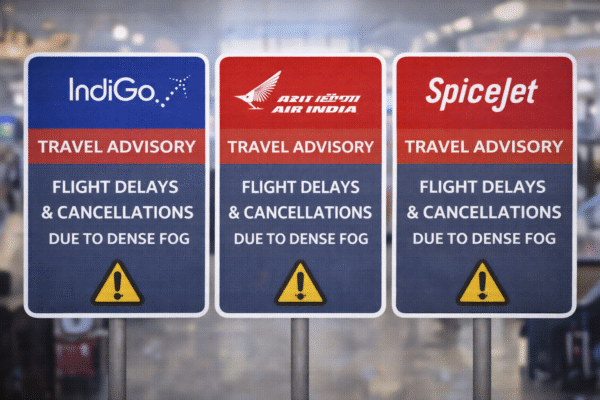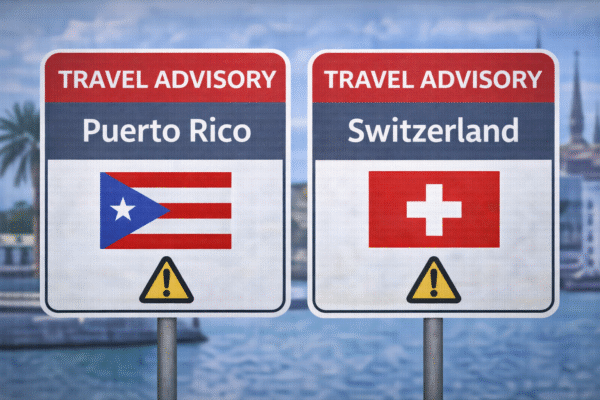Ghana Shuts Down Over 200 Tourism Businesses in Ashanti Region Amid Licensing Crackdown
In a bold move to reinforce tourism regulations and promote safe, quality travel experiences, the Ghana Tourism Authority (GTA) has issued a 14-day ultimatum to more than 200 tourism-related businesses in the Ashanti Region to regularize their operations—or face closure. The directive, announced in July 2025, targets hotels, bars, guesthouses, restaurants, and tourist attractions operating without valid licenses and registrations.
The action, described by GTA as a critical enforcement initiative, is part of a wider effort to bring all tourism businesses in Ghana into full compliance with the Tourism Act, 2011 (Act 817), ensuring consistent service standards and visitor safety across the country.
Legal Framework Behind the Closures
According to the Ghana Tourism Authority, unregistered facilities violate core regulations under the Tourism Act. These establishments not only evade taxes and levies but also pose risks to both domestic and international tourists. Without undergoing vetting or inspections, they operate outside the national safety net, offering questionable service quality and potentially unsafe lodging or dining environments.
The GTA has repeatedly emphasized that all tourism enterprises must obtain licenses after fulfilling health, environmental, and safety requirements. Registration ensures the facility is captured in Ghana’s national tourism database, enabling proper monitoring, support, and promotion.
Ashanti Region at the Center of Enforcement
The Ashanti Region—home to Kumasi, Ghana’s second-largest city and cultural capital—is one of the country’s most visited areas, known for its rich Asante heritage, traditional festivals, and historical landmarks such as the Manhyia Palace Museum and Lake Bosomtwe.
However, the growing number of informal operators has created gaps in quality control. According to Mr. Akwasi Agyeman, CEO of the Ghana Tourism Authority, the latest crackdown is necessary to protect Ghana’s tourism brand. “We are not targeting businesses arbitrarily. This exercise ensures the safety of tourists and strengthens the formal economy by bringing more players under regulatory supervision,” he stated during a press briefing in Kumasi.
Impact on Local Economy and Tourism Operators
Tourism in the Ashanti Region is a significant contributor to the local economy. Many small-scale hotels, drinking spots, and tour operators cater to both domestic travelers and foreign visitors. But while tourism brings opportunity, unregulated activity threatens the sector’s reputation and the livelihoods of compliant operators.
Local business associations, including the Ashanti Hospitality Network, have voiced support for the enforcement, noting that a level playing field is essential. “Operators who go through the process of registration, training, and inspections should not be undercut by those evading the law,” said Nana Owusu-Ankomah, a regional hotelier.
Many affected businesses have already begun the process of registering with the GTA. The Authority has also deployed regional compliance teams to assist operators with paperwork and inspections ahead of the ultimatum’s expiration.
National Push for Sector Standardization
The GTA’s action in the Ashanti Region is part of a nationwide strategy to sanitize Ghana’s tourism industry. Similar operations have recently been carried out in Greater Accra, Central, and Volta regions. The long-term goal is to position Ghana as a high-quality tourism destination that meets international standards of safety, professionalism, and hospitality.
As Ghana gears up for key tourism campaigns such as “Visit Ghana 2026” and “The Return Beyond the Return”, the government is focused on modernizing tourism infrastructure and service delivery. Properly licensed businesses will be eligible for promotion on Ghana’s official tourism platforms, access to training programs, and future grant or stimulus initiatives from the Ministry of Tourism, Arts and Culture.
Building a Resilient and Competitive Tourism Market
The tourism sector remains one of Ghana’s key economic drivers, contributing over $3 billion to the national GDP in 2023, according to data from the Ghana Statistical Service. However, to maintain momentum in a globally competitive market, Ghana must ensure that all tourism stakeholders operate within the legal and ethical framework.
With the rise of global platforms such as TripAdvisor, Booking.com, and Airbnb, traveler expectations are increasingly tied to trust, safety, and service quality. Licensed businesses offer verified credibility—something that can only be achieved when they comply with national regulations.
The Ghana Tourism Authority continues to engage with stakeholders and communities to raise awareness about the benefits of licensing. Training workshops, mobile registration desks, and community outreach programs are ongoing to ease the compliance process.
What Comes Next?
Businesses that fail to meet registration requirements by the end of the 14-day period will be forcibly shut down and may face fines or legal action under the Ghana Tourism Act. According to GTA officials, there will be no extensions.
However, those who comply will be incorporated into the GTA’s database and featured in national tourism promotion campaigns. They may also benefit from technical support and capacity-building programs designed to enhance service quality and business growth.
Conclusion
The enforcement drive in the Ashanti Region is not simply about closing businesses—it’s a strategic move to elevate Ghana’s tourism sector to global standards. With proper regulation, tourism in Ghana can flourish more sustainably, offering safer, higher-quality experiences for all. The Ghana Tourism Authority’s initiative sends a clear message: the future of Ghana’s tourism depends on compliance, professionalism, and collective accountability.
For more travel news like this, keep reading Global Travel Wire
















